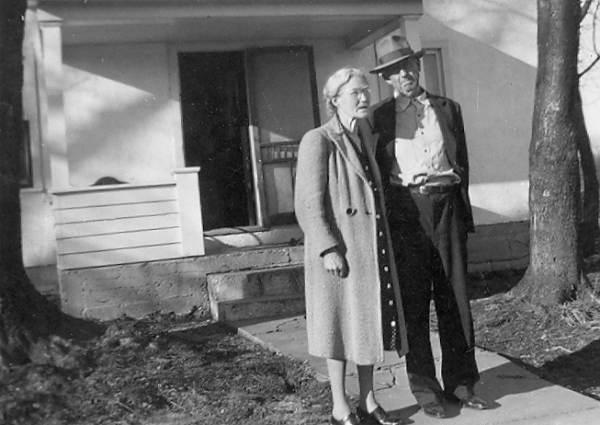

Further, the piece indicates the way, as Crane sees it, emotions can be constructed collectively, as when each camper tells the others how he has misidentified the hermit, adding to the growing hysteria. The story provides an early example of the rough-and-ready combination of impressionist subjectivity, in how the descriptions in the piece are tinged by the campers’ fears, and naturalist objectivity, in how the overwhelming environment of the cave, for part of the story, controls the men’s action while dwarfing them. By this time, there seems to be little to brag about, since what has happened has exposed their cowardice and credulity. Only later after escaping the cave, in a comic denouement, do they learn of the cave dweller’s true identity, that of a mad farmer who took to solitude when he lost his land and wife through gambling. At the end of their path, they find a hermit who invites them to a game of poker, but their fear-stoked imaginations visualize the gamester as a ghoul or Aztec priest. Their scarcely concealed fears about the expedition are rendered by Crane’s enlivening of stalactites that jab down at them and stalagmites that shoot up at them from crevices. In one of the better pieces from this series, “Four Men in a Cave,” a quartet of campers decides to explore a cave in order to have something to brag about when they return to the city. This was also to become a focus of Crane’s writing.

Also of significance is that these stories are generally concerned with the actions of four campers and hence reflect not only on individual psychology but also on the psychology of group dynamics. The reader finds the overbearing power of the environment, the vivid descriptions, the premise that these descriptions reflect the heightened consciousness of a character or characters, and the idea that this very heightening involves a distortion of perception that needs to be overcome for the characters’ adequate adjustment to, and comprehension of, reality. One trait that the sketches do have in their favor is that they contain all the facets of style and theme that Crane was to utilize as his writing developed. Perhaps because his writing career was so short, critics have devoted much space to Stephen Crane’s (Novem– June 5, 1900) slight, decidedly apprentice series of sketches collectively entitled The Sullivan County Tales.


 0 kommentar(er)
0 kommentar(er)
